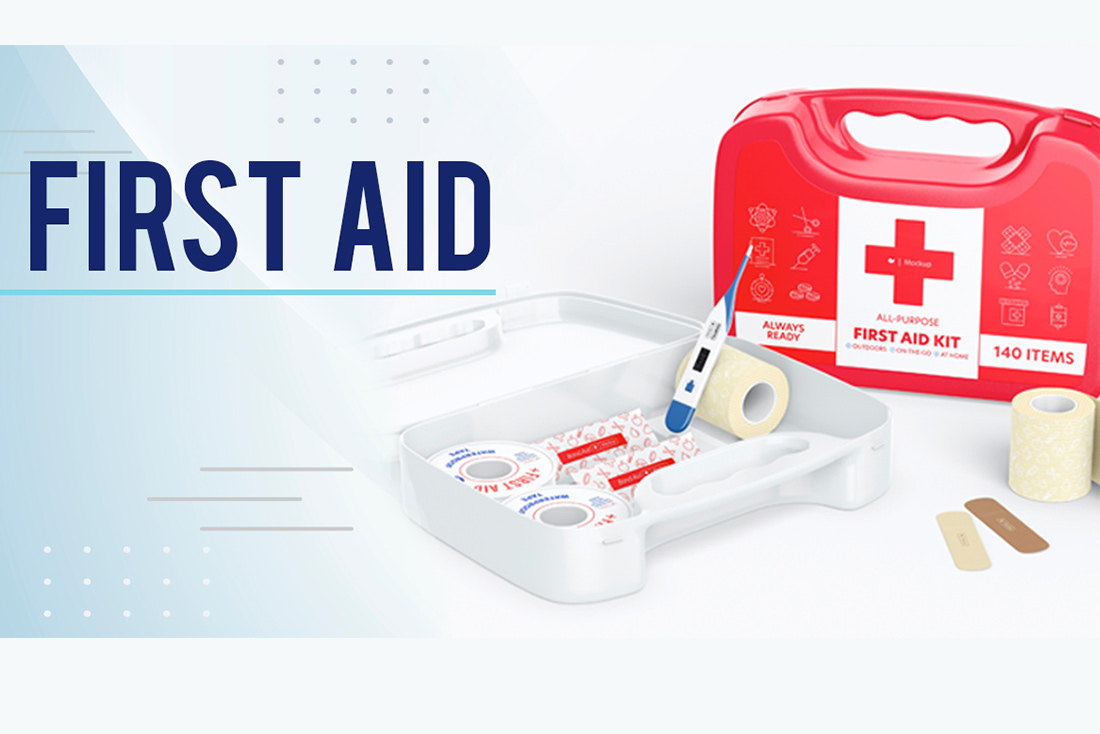Understanding Hyperuricemia and Its Impact
Hyperuricemia, or high uric acid levels, affects nearly 25% of the Indian population, often coexisting with conditions like hypertension and diabetes mellitus. Uric acid is a natural waste product formed when the body breaks down purines found in food. Under normal conditions, the kidneys filter and excrete uric acid through urine. However, when this process is disrupted, uric acid accumulates in the body, leading to painful conditions like gout and kidney stones.
Symptoms of High Uric Acid
Excess uric acid in the body can manifest in several ways:
- Gout: Severe joint pain, inflammation, redness, and swelling—often in the big toe, ankles, or knees.
- Kidney Stones: Sharp pain in the lower back or abdomen, difficulty urinating, and hematuria (blood in urine).
- Chronic Joint Discomfort: Burning sensation, tenderness, and stiffness in affected joints.
Dietary and Lifestyle Changes for Uric Acid Management
Since purines are found in the food we consume, dietary modifications play a crucial role in managing uric acid levels. Here are some key steps:
Low-Purine Diet Recommendations
- Limit purine-rich foods: Red meat, organ meats, seafood, and alcohol should be consumed in moderation.
- Opt for plant-based proteins: Lentils, beans, and tofu are excellent alternatives.
- Consume dairy mindfully: Skimmed milk and yogurt are better choices compared to full-fat dairy.
- Eat a variety of vegetables: While mushrooms, peas, and cabbage contain purines, they can be eaten in controlled portions.
- Stay mindful of processed foods: Cured meats, bacon, and excessive sugar intake should be avoided.
Hydration: A Key to Uric Acid Control
Proper hydration helps the kidneys flush out excess uric acid efficiently. Follow these simple hydration tips:
- Drink 10-16 cups of water daily to prevent uric acid crystallization.
- Include lemon juice in your diet, as vitamin C may aid in lowering uric acid levels.
- Limit sugary drinks and alcohol, particularly beer and spirits, as they can increase uric acid production.
- Drink coffee in moderation, as some studies suggest it may help reduce the risk of gout.
Uric Acid Management Tips for Gout Sufferers
For those already experiencing gout attacks, additional steps can help reduce flare-ups and prevent complications:
- Monitor food intake carefully: Stick to a balanced diet rich in vegetables, whole grains, and lean proteins.
- Maintain a healthy weight: Excess body weight increases stress on joints, worsening symptoms.
- Exercise regularly: Low-impact activities like walking, swimming, and yoga help keep joints healthy.
- Manage stress effectively: High-stress levels have been linked to increased gout flare-ups. Try meditation, deep breathing, or relaxation techniques.
- Follow medical advice: If prescribed by your physician, medications like allopurinol can help regulate uric acid levels.
Conclusion
Managing uric acid effectively requires a combination of lifestyle changes, dietary adjustments, and medical guidance. By adopting a low-purine diet, staying hydrated, maintaining a healthy weight, and reducing stress, individuals can prevent painful conditions like gout and kidney stones. Since joints play a vital role in daily movement, it’s essential to protect them from excessive uric acid buildup.
At The Ethics Multispeciality Hospital, our expert urology team provides personalized treatment plans for uric acid management. If you are experiencing joint pain, kidney discomfort, or recurrent gout attacks, consult our specialists for comprehensive care and long-term relief.







